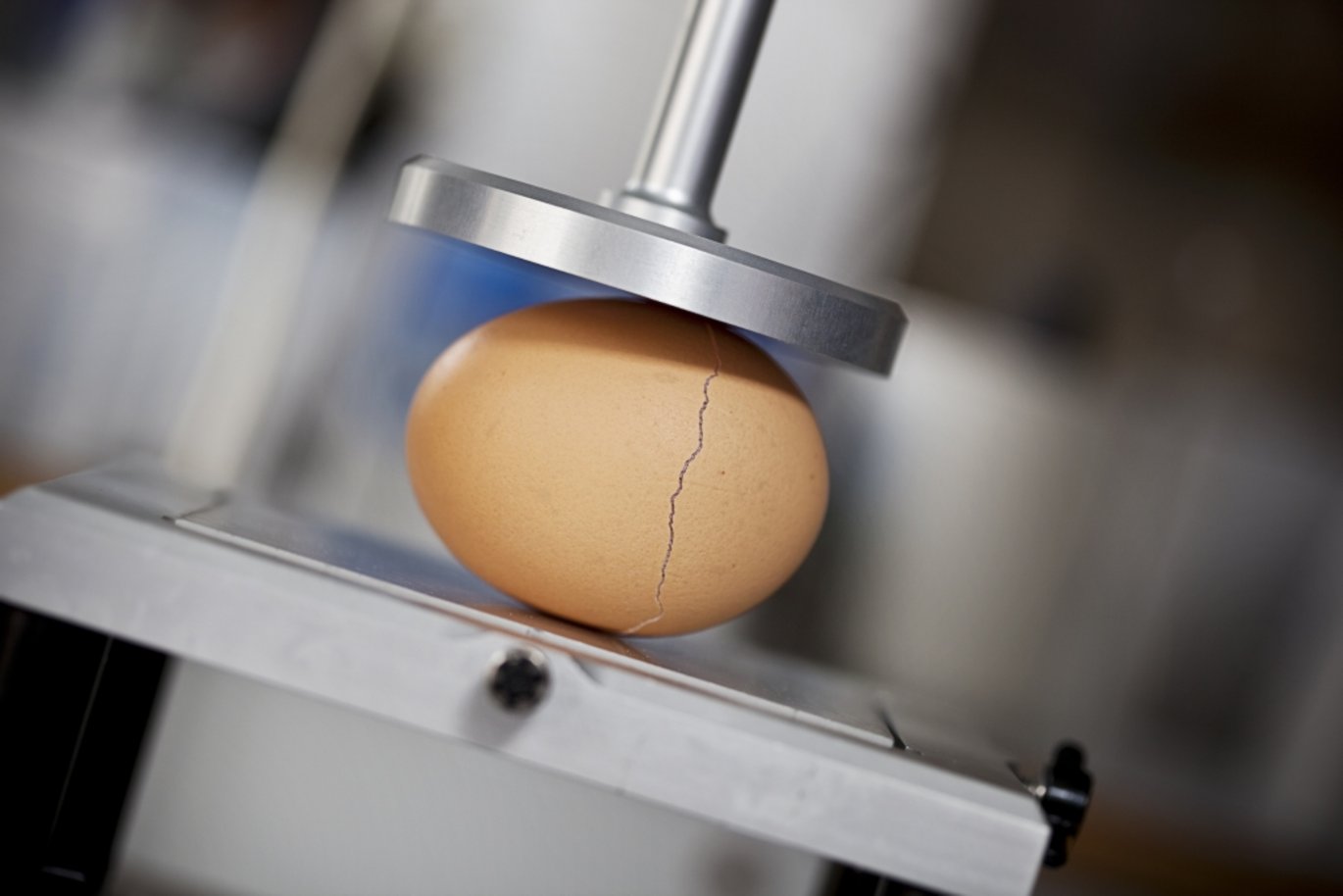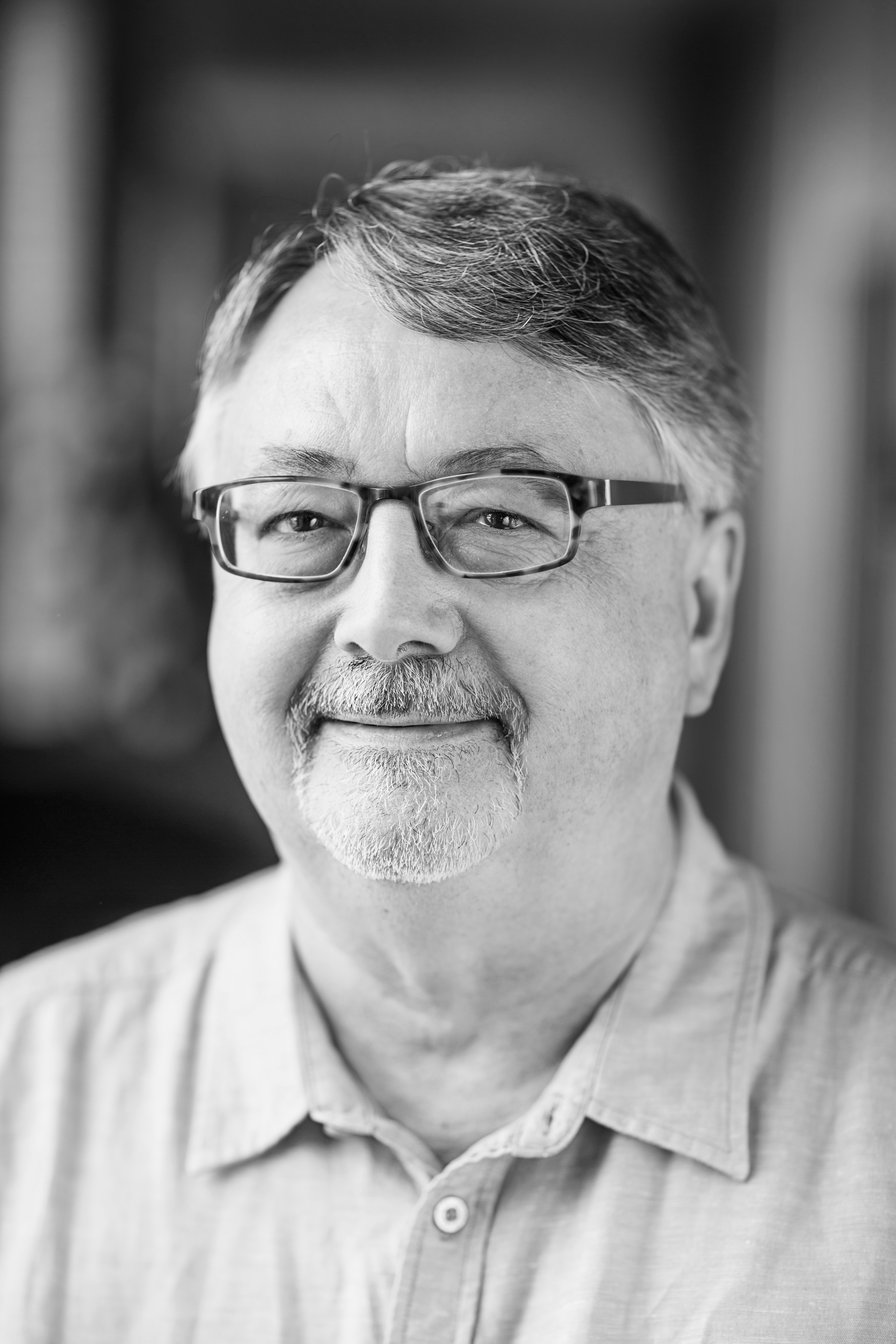Seven cases in fifteen years
Lack of information about sources, sloppy work and insufficient data have been the typical content of cases dealing with possible breaches of responsible conduct of research which have been dealt with by the Research Practices Committee at AU since the turn of the millennium.


The Research Practices Committee has dealt with complaints about possible breaches of responsible conduct of research in connection with academic work published by researchers affiliated with AU.
During its fifteen years of existence, the committee has completed seven cases, while two complaints are currently under consideration by the committee, says Professor Palle Bo Madsen from the Department of Law. He has chaired the committee since it was set up in the year 2000.
Complaints from the academic environments
The complainants received by the Research Practices Committee have typically come from a researcher at AU making a complaint about another researcher at AU.
"In principle, anyone has been able to send a complaint to us as long as it has been about researchers affiliated with Aarhus University. But the complaints have most often come from within the system. In a few cases from researchers who are not affiliated with AU, but who have made a complaint about researchers affiliated with AU. The management has not brought cases to us, even though there have been examples of cases that they could have brought before us. In these cases, the management has dealt with matters as personnel cases," says Professor Palle Bo Madsen.
Lack of reference to sources
All of the cases dealt with by the committee have fallen into one of two categories. The first category deals with what is known as plagiarism in the most blatant cases, says Madsen.
"But we have never had a case involving specific plagiarism with a conscious attempt to hide sources. On the other hand, we have dealt with cases that were about people not being clear enough about stating their sources, even though they have clearly used the work of others. So it has simply been sloppy source referencing and references to other researchers, whose work you use and build on in your own research."
Insufficient data basis
Researchers who have not been able to present a sufficient data basis to substantiate the results they have published, constitute the second category.
"We’ve not at any rate been able to find any actual scientific dishonesty in the cases we have so far dealt with in this category. However, we have found that there has been talk of poorly conducted and sloppy work, together with a lack of meticulousness."
Reprimand
The Research Practices Committee has functioned as an advisory committee for the rector and it has therefore not been tasked with decision-making in cases.
"On the other hand, we have written a recommendation to the rector with an assessment of the cases and possibly with a recommendation for further action in a case once we have dealt with it. The rector has typically delegated the case to the relevant dean and the typical sanction has been that a researcher has received a reprimand, where there has been cause for this," says Madsen.
The Research Practices Committee
The Research Practices Committee has a brief to deal with cases of possible breaches of responsible conduct of research in connection with research at Aarhus University. The basis for the work of the committee has been a code of practice to ensure responsible conduct of research, which was adopted by the senior management team in 2000.
The Committee does not deal with cases that are serious enough to be dealt with by the Danish Committees on Scientific Dishonesty (DCSD), which reports to the Danish Ministry of Higher Education and Science.
"The Research Practices Committee is a local contingency against any infringement of responsible conduct of research at Aarhus University and we should be viewed as a supplement to the national DCSD. We were never intended to deal with a complaint in competition with the DCSD. That’s also the reason why we’ve always had the opportunity to decide whether we should deal with a complaint ourselves, or whether it should be referred to the DCSD. We don’t get involved in cases where the complaint we receive has already been brought before the DCSD, says chairman of the Research Practices Committee, Professor Palle Bo Madsen from the Department of Law.
The Research Practices Committee will be replaced by the Committee for Responsible Conduct of Research and the work of the new committee will have its basis in the code of practice for ensuring scientific integrity and responsible conduct of research at AU, which was adopted by the senior management team in the spring.
Cases dealt with by the Research Practices Committee
Year (in which the case began) | Number of cases |
|
2002 | 2 |
|
2003 | 2 |
|
2008 | 1 |
|
2013 | 1 |
|
2014 | 1 |
|
2015 | 2 (being processed) | |
Source: Chairman of the Research Practices Committee, Professor of Law Palle Bo Madsen.
Translated by Peter Lambourne.

